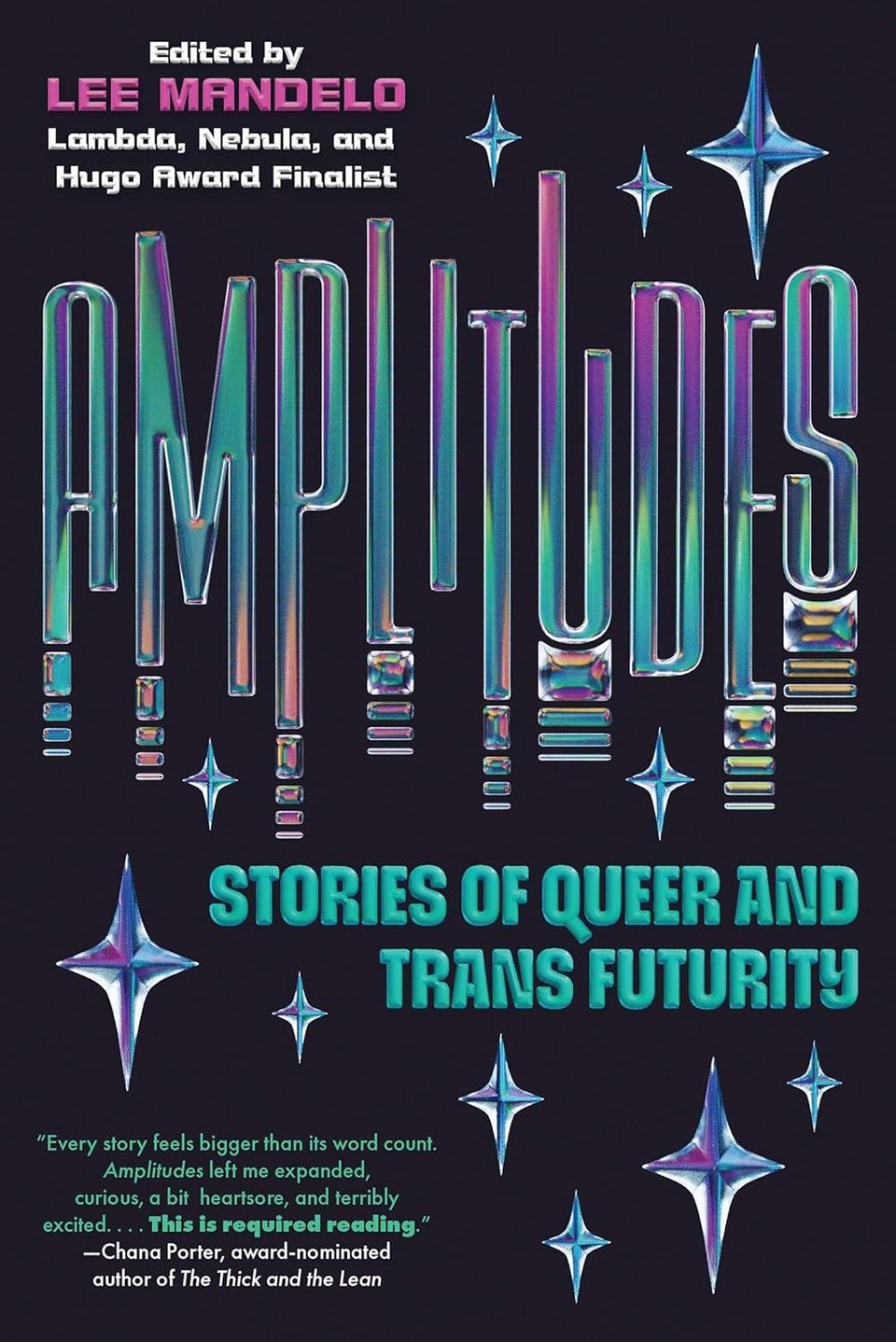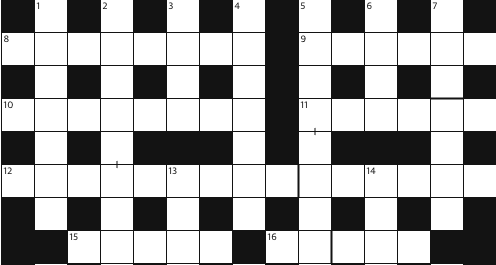Expedition 14
The Bathysphere
Hello and welcome to the fourteenth expedition of the Bathysphere. This week, we’ve been looking at Cryptic Crosswords - and more specifically a way in to these teasing, torturous delights. Florence covers recent and future relics, Donlan makes the case for bringing back household gods, Holly Gramazio returns with more recommendations and Keith uncovers the incredible plans for video games based on Andrew Lloyd Webber musicals that were sadly lost to time.
Please also consider taking up a paid subscription which will help us continue our voyage. It is £25 a year and you get access to our archive of previous expeditions.
Now join us as we descend!
The Bathysphere crew
Christian Donlan
Florence Smith Nicholls
Keith Stuart
Contact us at bathyspherecrew@gmail.com
Delightful games

My game recommendation is one that, by the time you read this, will perhaps already feel like a relic of a different time. Robert Yang’s Don’t Rank Cuomo is a short free web game in which you have to repeatedly fill in a ballot paper without ranking the corrupt New York politician Andrew Cuomo in the mayoral elections. In a blog post about the game, Yang explained he was inspired by political memes and the omnipresent cry to, indeed, Not Rank Cuomo. He considered the game to have an expiration date of June 24th, when the New York Mayoral Primary happened. Play it again, today, anyway. FSN
I found out about Order & Chaos on TikTok. It’s a pen-and-paper game played out on a grid. Two players fill squares of the grid with Xs or Os, and either player can place either an X or an O on their turn. Why? Because one player is playing as order, and is trying to get a line of five of the same symbols. The other is playing as chaos and is trying to frustrate order.
And I love this idea - that two players working in the same space might have very different objectives. These kind of psychological quirks animate a bunch of interesting games, such as Quarto, for example, in which you each try to make a line of four of the same pieces, with the twist being each turn you pick the piece your rival is going to play with. Just rethinking player roles makes games seem so fresh again. CD
I’ve been recommending this a lot, so I’m just going to do it again – Quantum Witch is a funny, strange pixel art adventure set in a world of annoying gods and bizarre religious cults. Created by NikkiJay, with help from Paul Rose (Digitiser) and games journalist and streamer Stephanie Sterling it’s like a forgotten relic from the ZX Spectrum. KS
Interesting things

Today I picked up a copy of Amplitudes Stories of Queer and Trans Futurity, an anthology of speculative fiction. I devoured Katherine Duckett’s short story “pocket futures in the present past,” which chronicles the activities of a group who collect artefacts that appear through portals from the future. It also includes this great line: “Okay, so someone’s game controller from 2087 popped through a portal.” Gotta love some speculative games archaeology. FSN
A brilliant draft of a friend’s book has reminded me that the Romans used to have household gods. They had gods who would literally live in their houses and watch over everything, each with their own role, their own focus.
This strikes me as an incredibly brilliant idea, and perhaps one we should think about bringing back. I think I’d find the range of little disasters that have always marked the various flats and bedsits I’ve lived at a little easier to deal with if I felt I wasn’t totally on my own in there.
And this is, of course, the kind of idea that’s perfect for exploring in a video game. I can imagine something like Advance Wars where you and your gods are both in the kitchen trying to use deity magic to stop the dishwasher from breaking down. It also reminds me a bit of Bryan Lee O’Malley’s wonderful graphic novel Seconds, which hinges on a semi-similar concept. I need to read it again. CD
Essay: The best way into Cryptic Crosswords

Growing up, my mum was a Cryptic Crossword genius. It was a strangely subconscious business for her, almost like a form of Spiritualism. You’d read her the clue - which made no sense - and she’d just sort of mutter it to herself a bit as she walked around the house. Minutes would pass. More than five, less than ten. Mum would be in something of a fugue. Then she’d be in another room doing something or other that had nothing to do with word games, and she’d suddenly yell out, “MOONLIGHT!” You’d go back to the paper, count out the squares and examine any cross-letters and, jeepers, MOONLIGHT would work. But why? Mum would just shrug and go on to the next one. She had no idea of the internal processes at work in any of this.